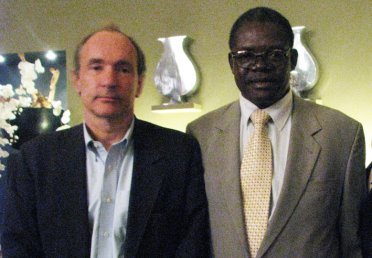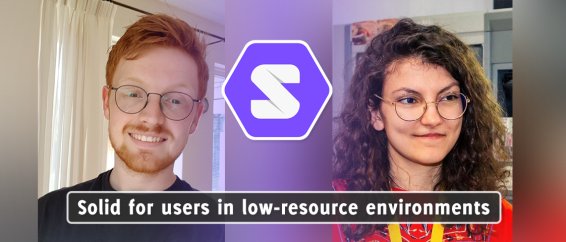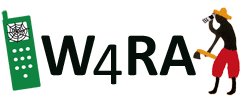Ownership of data and data privacy have become an extremely important issue, nowadays. Users are becoming aware of the need to control their personal data, and not letting it be manipulated and used by anyone on the Web. A new initiative, in this respect is Solid.
Solid (derived from “Social Linked Data”) is a new Open Source Web technology that enables users to be in control of their own identity data, independently from for example, the big social media platforms. Users do this by creating their own decentralized data store, also called a “Pod”, and keeping track of how their personal data is being used, and by whom.
The purpose and rationale of the Solid project [2] is to put the full control of personal data into the hands of the user. Currently user data is explored by platforms and social media providers to generate profit, in return for “free access” to social media and other services. This business model is referred to as Surveillance Capitalism [1]. When you are an active user of social media (as we are all nowadays) you know that your personal data is scattered all over the web, and you have limited or no control over who is using it, and for which purpose. A technological solution to this serious problem is Solid.

The Solid project is an initiative by Sir Tim Berners-Lee — the inventor of the World Wide Web and of the Web of Data [3]. Again, Tim Berners-Lee reached out to the community of web users by requesting them to start building Solid-based applications. These applications allow users to log-in with their Solid Pod, and control which data will be used by that application. Of course the project is in a start-up phase and there is a need for more applications to test Solid and to gather new ideas.
Two Computer Science students, Wouter Kok and Theodora Serbãnescu have taken the Solid challenge in relation to the W4RA program. Wouter and Teodora are doing their master research projects on the usefulness and adaptation of Solid to the benefit of people in low-resource environments. By doing this they want to gather experience how this could be done in very resource-constrained context. This will surely bring up new ideas and potential new applications. The Solid has core values: Interoperability, Self-determination, Equal access, Sourcing, Public Value, Connecting. This team, obviously adheres to these principles and values.
Yet, still too often, in technological innovation, the Global South is overlooked. It will be interesting to research and collaborate with local communities, for example in rural regions of West Africa, where we have good contacts, to find what challenges and barriers hamper the uptake of Solid in local digital services.

If you have any ideas for our project or want to share something with us, you can reach us below!
Wouter Kok: [email protected]
Theodora Serbãnescu: [email protected]
[1] Zuboff, S., Möllers, N., Wood, D. M., & Lyon, D. (2019). Surveillance Capitalism: An Interview with Shoshana Zuboff. Surveillance & Society, 17(1/2), 257-266.
[2] Mansour, E., Sambra, A. V., Hawke, S., Zereba, M., Capadisli, S., Ghanem, A., … & Berners-Lee, T. (2016, April). A demonstration of the solid platform for social web applications. In Proceedings of the 25th International Conference Companion on World Wide Web (pp. 223-226).
[3] Berners-Lee, T., Chen, Y., Chilton, L., Connolly, D., Dhanaraj, R., Hollenbach, J., … & Sheets, D. (2006, November). Tabulator: Exploring and analyzing linked data on the semantic web. In Proceedings of the 3rd international semantic web user interaction workshop (Vol. 2006, p. 159).




